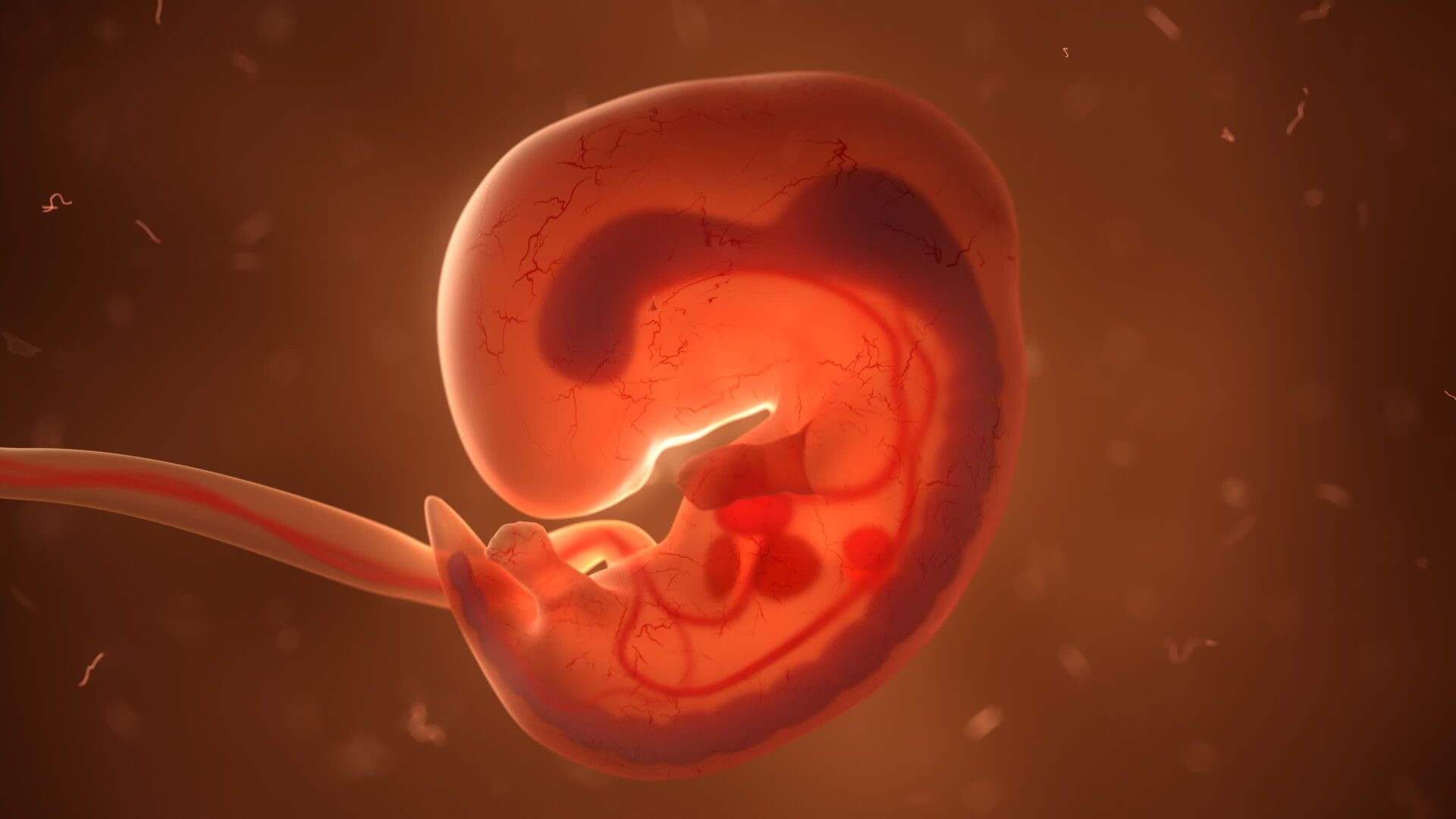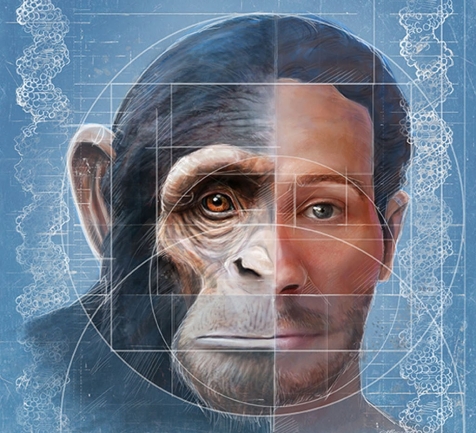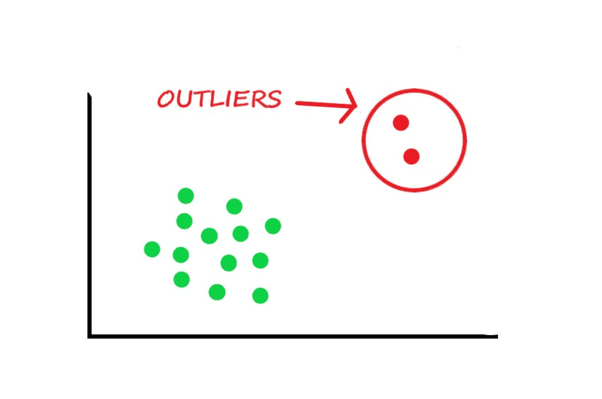Possible Preaching Themes
Possible Scientific Resources
- The readings of the day provide a long litany of those who are under God’s umbrella of special care: e.g., the humble, just, oppressed, hungry, widowed. Why are these singled out?
- How Jesus overturns the ordinary ascriptions of blessedness of his day by naming entirely new groups of persons as blessed (makarios).
- The danger of understanding Jesus’ Beatitudes as only about the future (i.e., “Don’t worry about this world because your reward will be in heaven”), rather than revealing Jesus’ understanding of God’s reign here and now.
- The science of “cuteness” – the human propensity to be drawn to care for animals that most mirror the proportions and characteristics of human infants
- On why we may not have survived as a species if we were not wired by evolution to find certain physical characteristics irresistible: https://www.sciencefocus.com/the-human-body/neuroscience-of-cute/
- What makes things cute? https://www.zmescience.com/science/cute-things-feature/
- For a deeper dive into the “rapid neural signature” that evokes “parental instinct”: https://pubmed.ncbi.nlm.nih.gov/18301742/
- The science of vulnerability – how science can play a role in assessing circumstances where humans are vulnerable to the forces of life and proactively plan to mitigate some of the worse impacts of these forces (i.e. some of the forces alluded to in the Beatitudes).
- Wow science can help do a better job of analyzing circumstances that make humans vulnerable to forces beyond their control and mitigate the effect of potential environmental disasters: https://www.tandfonline.com/doi/abs/10.1111/1467-8306.93101
- For a deeper dive into models that scientists can use to assess potential hazards for humans: https://www.pnas.org/doi/10.1073/pnas.1231335100
- Why is it so hard to be vulnerable, according to a recent study https://greatergood.berkeley.edu/article/item/why_is_it_so_hard_to_be_vulnerable
Homily Outline Combining Resources
Homily outline based on the science of “cuteness”
- Introduction: Reflect on experiences with cute animals
- Have you ever found yourself allowing hours to slip by watching videos of puppies on YouTube?
- Couldn’t resist squeezing the stuffed, plush baby seal toy in the zoo gift shop?
- Found yourself getting out your check book to support pandas … and wondered, why not endangered salamanders?
- The evolutionary underpinning for our response to “cuteness”
- Evolutionary biologists have noted that the animals that most tug at our heart strings bear remarkable similarities to human infants:
- disproportionately large heads in comparison to the rest of their bodies;
- round eyes and smaller noses in the center of the face.
- This is not accidental:
- we are wired evolutionarily to be attracted to infants of our species when they are at their most vulnerable, need the most care, and when they are the “most work.”
- Our species has survived and thrived because we draw caretakers to us during our most vulnerable early stage of life.
- There is nothing we can do as infants to “earn” this care or mitigate the challenging nature of the care. As many a parent has said going to the crib in the middle of the night: “It’s a good thing you are cute.”
- As we age beyond toddlerhood, the proportions of our bodies change so that our heads are only 1/7th of our body length rather than 1/4th, and our “cuteness” factor dissipates. The phase of needing intense care has passed.
- Evolutionary biologists have noted that the animals that most tug at our heart strings bear remarkable similarities to human infants:
- What tugs at God’s heartstrings?
- Today’s readings — especially the Gospel — announce that the whole “vulnerable-tugging-at-the-heartstrings” phenomenon is not unique to humans, but that God experiences it, too. However, the markers of what evokes God’s particular care and concern may be quite different than our own.
- God’s heart is moved less by body proportion and nose size, and more by the various circumstances throughout a person’s life that might render them vulnerable: poverty, widowhood, being a stranger in a foreign land, being social awkward, persecution.
- Exploring the Greek word makarioi
- In the Greek New Testament, the word for “Blessed are they” is makarioi. “Macarisms” were common in Biblical times.
- In Greek mythology, the makarios (blessed) were the gods, who lived “above it all” and didn’t need to struggle and suffer like humans did.
- In the Bible’s Wisdom literature there are many macarisms: The rich are named as makarios because they, too, are able to separate themselves from many of life’s challenges.
- Other makarios are the educated, those who are able to study the Torah, and the happily married.
- Jesus turns the common understanding of who is makarios on its head, naming groups of persons not often associated with blessedness.
- Some because of their economic or political status, some because of their personality or behavior.
- What is in common across the eight beatitudes in Matthew is that every group called blessed is vulnerable in Jesus’ society; is in a potentially unsafe situation.
- None of these groups are necessarily better or more virtuous than others, and none have earned God’s blessing more. Rather, all are in situations where they need God’s strength and protection
- The Gospel reveals that God comes sweeping in like a parent who cannot resist. These are the people who have a special place in God’s heart.
- In the Greek New Testament, the word for “Blessed are they” is makarioi. “Macarisms” were common in Biblical times.
- Today’s challenge:
- While evolutionarily, human infants and pandas are quick to evoke our care, sometimes we find it harder to widen our hearts for those who elicit God’s special care.
- This may require the difficult choice to override this evolutionary instinct. The more time we spend with God and God’s makarios, the more our own hearts will be tugged in these directions as well.
- We can also embrace the vulnerability that we may experience in our own lives rather than run from it.
- When we embrace the risk of peacebuilding, or making a decision that might result in persecution, or make us financially less stable we need not fear. God’s heart wraps us in particular care in those moments, too.
Related Homily Outlines
Couldn’t find what you’re looking for?
Try searching with another filter

Preaching with Sciences

Edward Foley, Capuchin
Duns Scotus Professor Emeritus of Spirituality
Professor of Liturgy and Music (retired)
Catholic Theological Union
Vice-Postulator, Cause of Blessed Solanus










